European Union extends Crimea sanctions for another year
The European Union has extended for another year its unilateral sanctions against the Black Sea peninsula of Crimea, which rejoined Russia after a referendum in 2014.
The 28-member bloc extended economic sanctions on Crimea and its port city of Sevastopol during a meeting in Luxembourg on Monday.
The restrictive measures, which have been extended until June 23, 2019, include a ban on importing Crimean goods and European investments in Crimea and Sevastopol. They also prevent EU nationals or companies based in the bloc from buying real estate at the peninsula and ban EU cruise ships from docking there, except in an emergency.
The EU said it remained "firmly committed to Ukraine's sovereignty and territorial integrity," reiterating that "it does not recognize and continues to condemn this violation of international law."
EU ambassadors had already approved the move earlier this month.
The rejoining of Crimea to Russia came following deep political changes in Kiev where a pro-Western movement staged weeks of street protests that led to the ouster of the pro-Russia government.
People in Crimea and in the industrial eastern territories of Ukraine, areas which are dominated by ethnic Russians, effectively refused to endorse the new administration in Kiev. Crimea decided to rejoin Russia in a referendum in March 2014 and two provinces in the east revolted by establishing self-declared republics.
The West brands the reunification as annexation of the territory by Russia.
Meanwhile, armed confrontation between the pro-Russia forces and the Ukrainian military has killed more than 10,000 people, according to the United Nations.

A peace agreement was reached between the warring sides in the Belarusian capital Minsk in February 2015 under the supervision of Russia, Germany, and France to end the conflict.
However, sporadic clashes have continued in eastern Ukraine despite the 2015 peace deal and other truce deals. The West keeps accusing Russia of feeding the insurgency. Russia denies any involvement in the conflict.
Iran FM: Success of nuclear talks hinges on ‘seriousness’ of US
Pro-military Israeli journalist detained on suspicion of raping child: Reports
Anthropic resists US War Department push for unrestricted AI access
Iran naval unit returns from drill, cmdr. vows to defend borders to ‘last breath’
VIDEO | Press TV's news headlines
Paris silencing pro-Palestine voices
Iran raises alarm at ‘environmental consequences’ of US militarism
Iran: UN Security Council inaction on Israeli crimes ‘catastrophic’


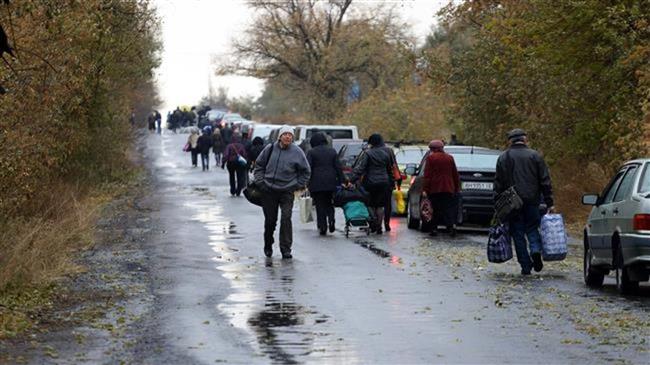
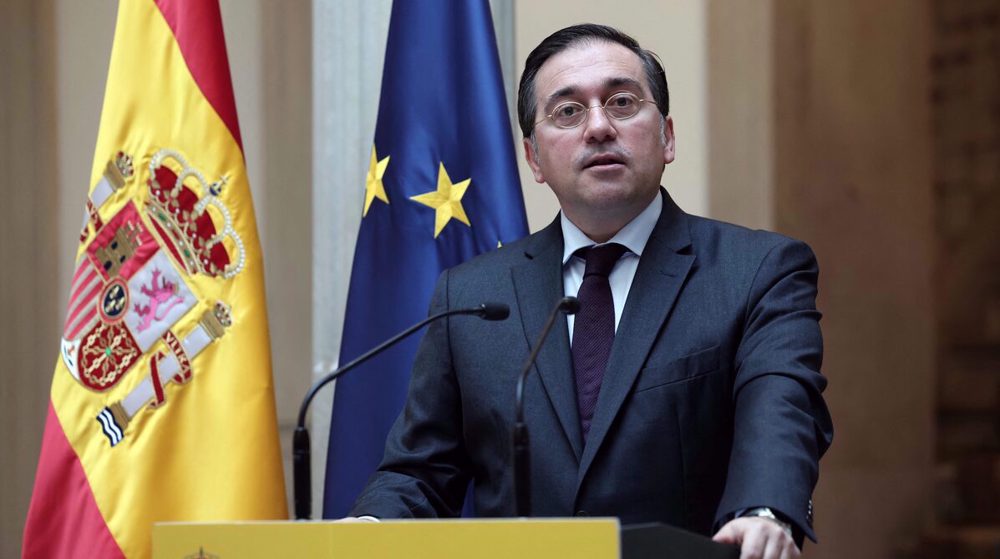
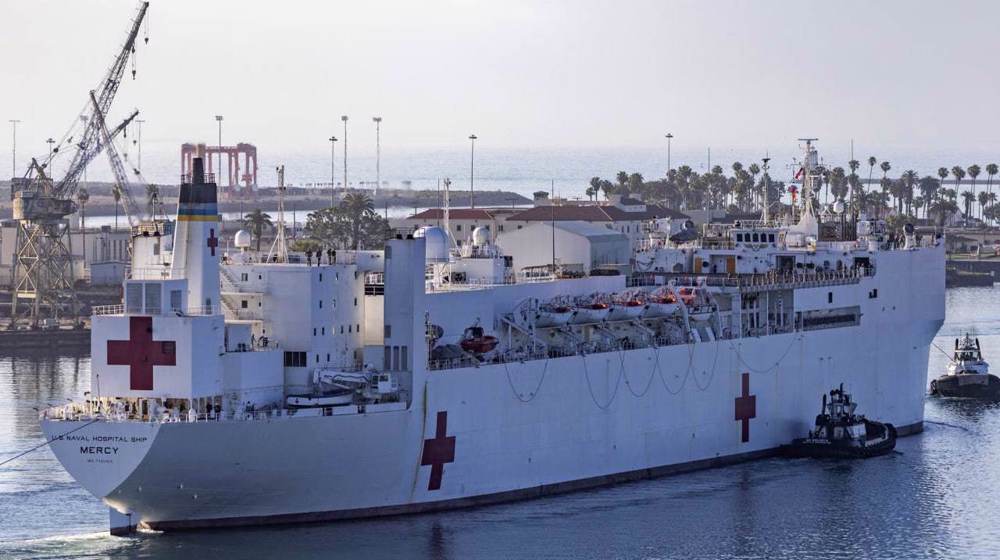
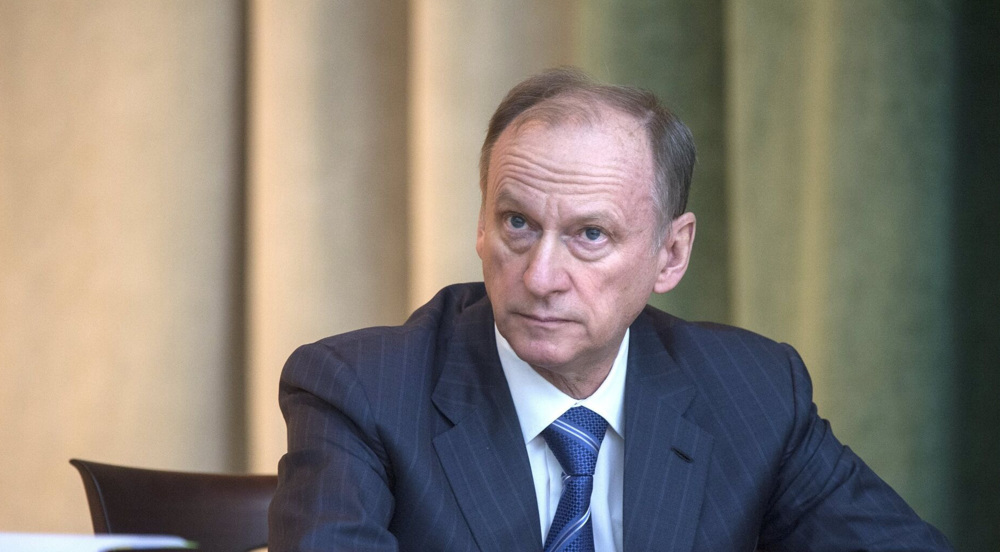




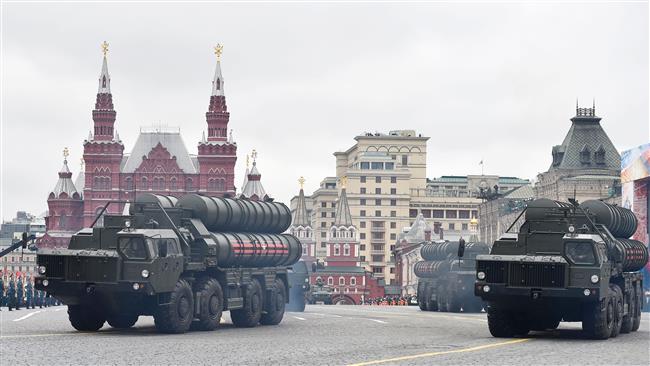



 This makes it easy to access the Press TV website
This makes it easy to access the Press TV website